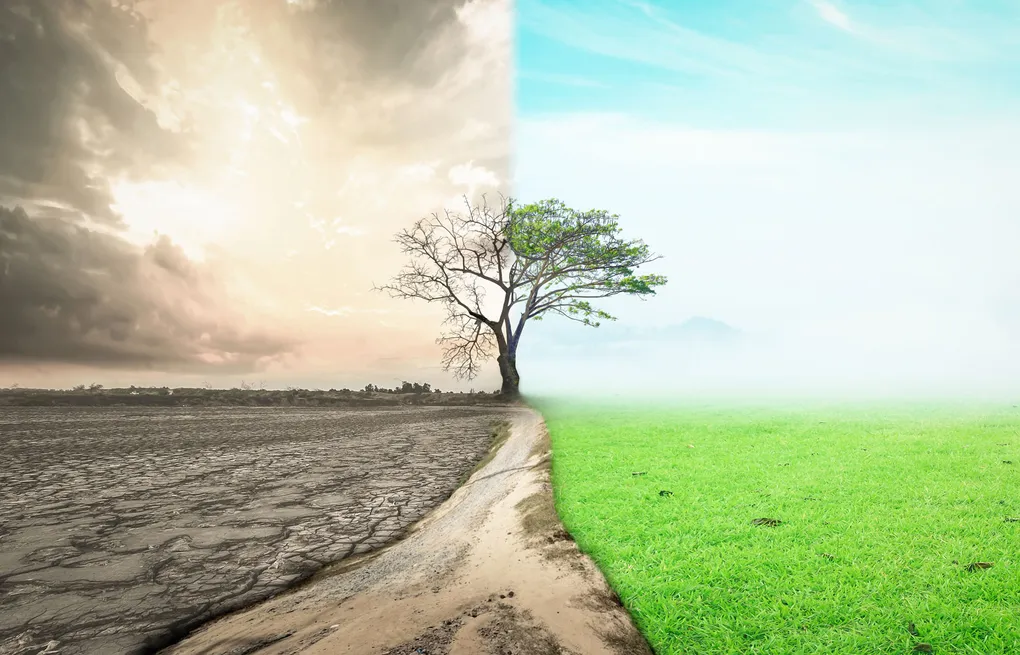Anthropocene, a new geological epoch that began in the middle of the 20th century when human activities started to have an impact on the environment, specifically ecosystems and climate, refers to the extent of humanity’s impact on Earth today. The primary causes of climate change are human activities, which also hasten the effects of climate change in the form of power plants, industry, transportation fuel, and agricultural output. For Pakistanis, the monsoon this year was a monster. There have been over 1550 deaths, not counting those caused by the aftereffects of waterborne diseases. The nation was devastated by an unusual rainstorm that lasted for several weeks.
The country was suffering greatly as a result of the drought. 3000 miles of telecom wires and more than 200 bridges have either collapsed or suffered damage. 33 million individuals or more were impacted. 90% of the crops are damaged in the districts of Sindh province, which provide 50% of the nation’s food supply. Most of rural Sindh has been devastated by the extraordinary continuous heavy rains, which are 700 to 5000 per cent greater than the typical August rainfall. The monsoon rains in Pakistan have historically varied greatly from year to year, making it difficult to determine exactly how much more severe this season was as a result of climate change.
Environmental scientists and engineers on the national and international levels rank Pakistan and its neighbours as some of the most severely impacted nations by climate change. This will continue to be a national political issue in addition to being an environmental concern. Pakistan is mostly dependent on agriculture because it is an agricultural nation, and if agriculture is devastated by climate change, the nation will face more problems like a lack of food.
Additionally, Pakistan is overpopulated, which means that its resources will be distributed unevenly. Additionally, Pakistan is an agricultural nation with a low to middle-income level, so its citizens lack the resources necessary to protect themselves from disasters like this one, which will fuel further unrest and chaos throughout the entire nation.
Individually, every one of us needs to do our part to reduce air pollution by cutting back on the use of plastic bags, favouring walking over driving, which causes noise and air pollution, and letting others know about this through campaigns and environmental programmes. There is no way to completely solve the problem of climate change, but there are some workable solutions.
